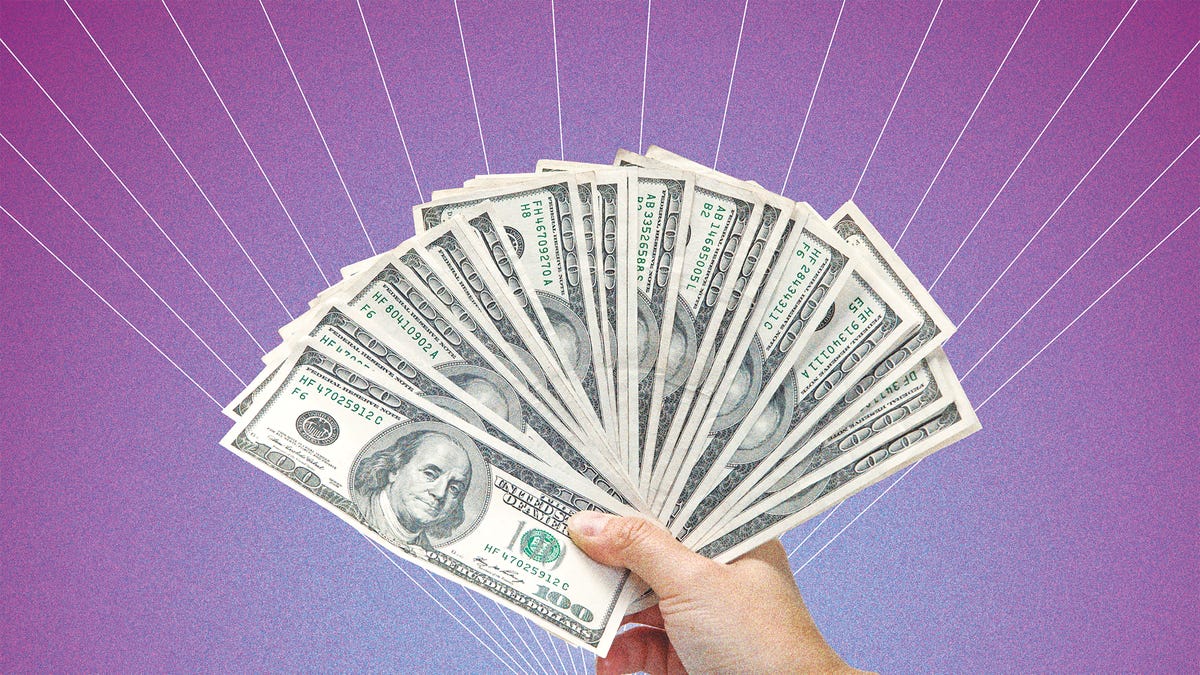What the Failure of First Republic Bank Means for You

It’s the 2020s, but news headlines resemble those of the 1920s, when numerous US bank failures contributed to the Great Depression. On Monday, the federal government took over the failing First Republic Bank, marking the third US bank failure this year.
While the headlines may be concerning, if you have an account with First Republic Bank, your money is protected up to $250,000. Federal Republic is insured by the Federal Deposit Insurance Corporation, which secures your money for up to $250,000 per account holder, per bank. As of December, the FDIC said more than 99% of deposit accounts across FDIC-insured banks were under the $250,000 insurance limit.
If you have more than $250,000 in a First Republic account or own stock in the bank it’s a bit more complicated. We’ll unpack what happened, what this news means for current account holders and explain how to keep your money safe.
For more on bank accounts, see CNET’s list of the best savings accounts (which are all FDIC-insured) and find out what the latest Fed rate hike means for you.
First Republic: The basics
First Republic was a San Francisco-based bank founded in 1985. As of 2022, it had 93 offices in 11 states, primarily operating in New York, California, Massachusetts and Florida. After the bank’s collapse, it was closed and its assets were seized by the Federal Deposit Insurance Corporation. JPMorgan Chase won the auction for the bank’s assets, paying $10.6 billion. It will not maintain the First Republic name.
What led to the collapse?
You’ve likely heard of the collapse of Silicon Valley Bank in March, and you may also know about the failure of Signature Bank shortly after. In the simplest terms, these banks weren’t well-situated for rising interest rates, which hurt the value of their investments. That in turn scared customers into pulling their money out of these banks.
The FDIC insurance protects deposits up to $250,000, and since most people don’t have that much in any one bank, your money is protected as long as it doesn’t exceed this limit. But because both of these banks had a roster of wealthy clients, their account holders were at risk of losing deposits over this $250,000 threshold. So account holders were more easily spooked into leaving the banks.
What happened to First Republic?
First Republic also catered to wealthy Silicon Valley customers, and had a high number of uninsured deposits from customers with account balances above the $250,000 threshold. Like Silicon Valley Bank and Signature Bank, First Republic also wasn’t prepared for a rising interest rate environment. After its shares fell significantly in March, fears of a potential collapse sent account holders rushing to withdraw their funds.
During the last week of April, the bank grimly announced that its deposits had plunged by more than $100 billion. Customer deposits saw a 41% drop, the bank’s stock dived and then financial regulators seized the bank and arranged for the JPMorgan Chase takeover.
First Republic is the second-biggest US bank ever to fail, passing Silicon Valley Bank for the No. 2 slot. (Topping the list is Seattle-based Washington Mutual, which collapsed during the 2008 financial crisis.)
Am I affected?
I don’t bank at First Republic
If you don’t have an account or stock in First Republic, you’re not directly impacted. The FDIC is paying about $13 billion to cover this failure. While that doesn’t come out of taxpayers’ pockets directly, banks will likely raise customer fees to cover it. So anyone who uses a bank will feel it in some way.
I had an account at First Republic
If you had an account at First Republic, your branch will change to JPMorgan Chase. You should be able to bank as usual — even if you had more than $250,000. Fortune magazine notes that while most people don’t have that much money in one financial institution, if you do, you might consider spreading it out to a few different banks.
I’m a First Republic stockholder
If you have stock in First Republic, it’s not looking good. The stock has stopped trading, and stockholders won’t be given JPMorgan Chase shares. Shareholders are “last in line” to get anything, an FDIC spokesperson told CBS News.
What can I learn from this news?
Most people aren’t directly affected by the First Republic Bank collapse, but the main takeaway is to ensure your money is parked in an FDIC-insured bank account. And, if you have more than $250,000 in any one bank account, we recommend hiring a financial advisor. Talk to them about the best way to spread out your money so it’s in multiple insured accounts.
Source: CNET













